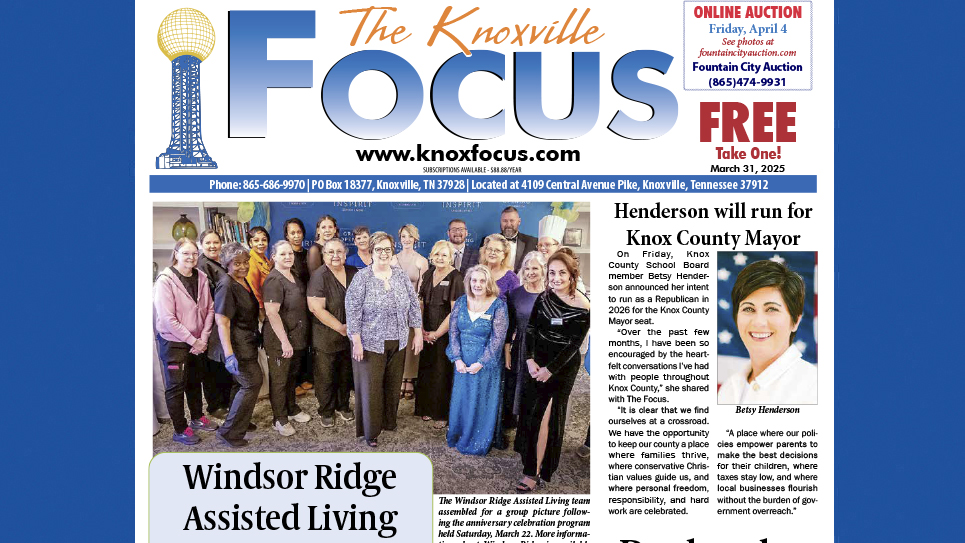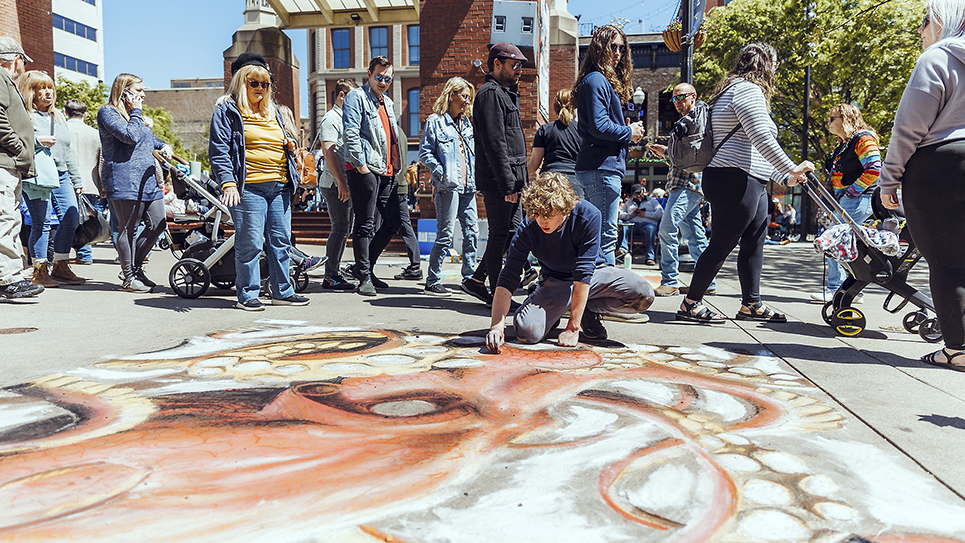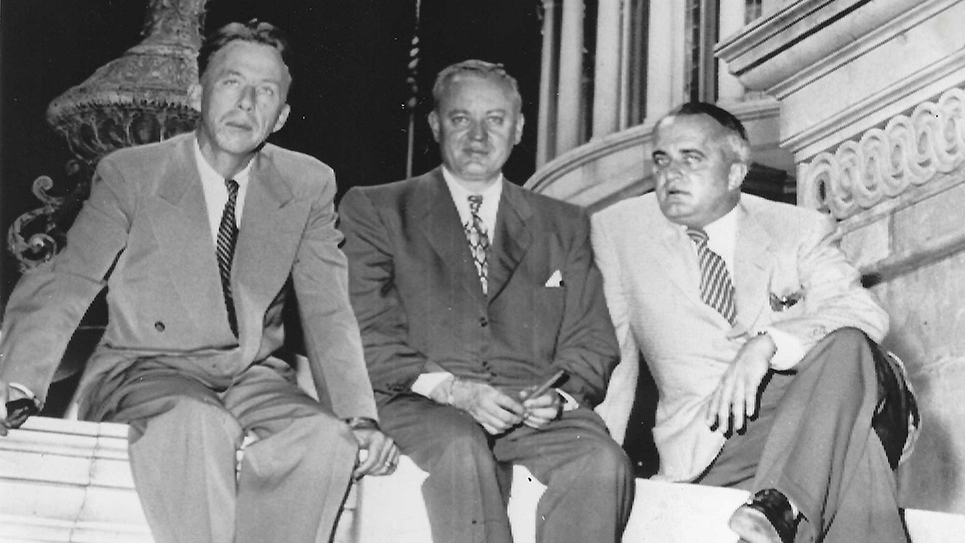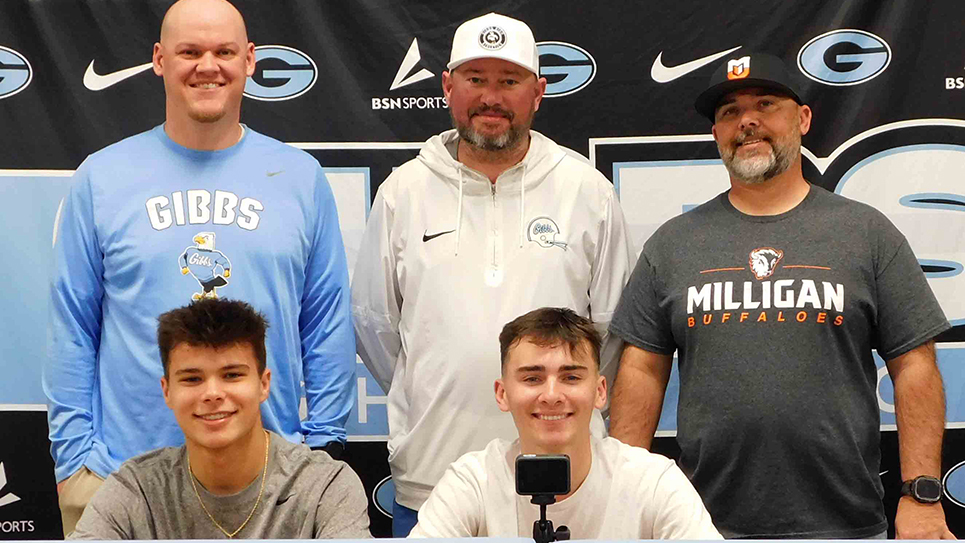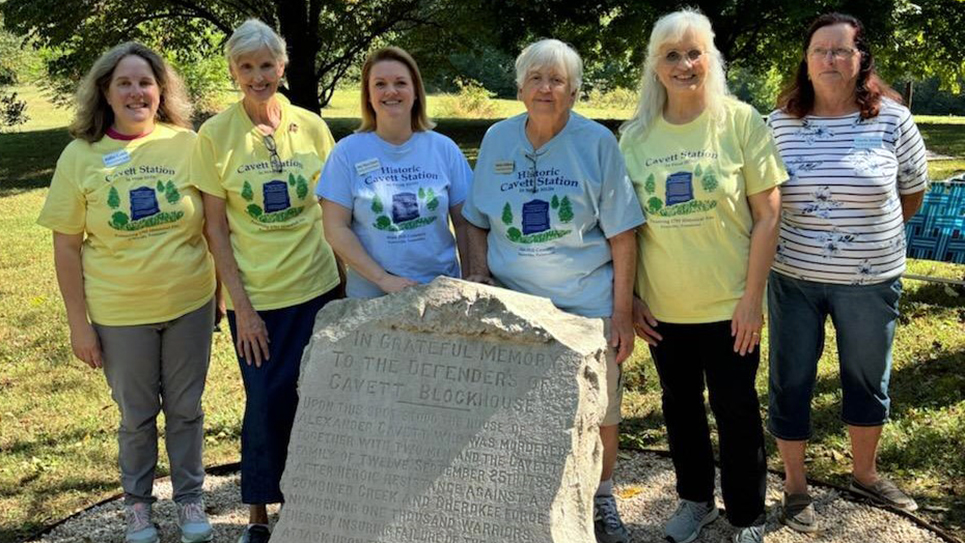Time heals all wounds
By Tom Mattingly
Most football fans can look back and remember the “hot button” issues that have dominated media coverage over the years. These issues are part of the discussion that takes place whenever fans gather. There seems to be no forgetting them, and it doesn’t take much to spark discussion.
There were those across the world of Big Orange Country who expressed concern and trepidation concerning a possible trip to Auburn, Ala., instead of Birmingham. There was also the possibility raised of trips to Starkville and Oxford, Miss., taking the place of a journey to Memphis. Then came going to Athens, Ga. In that case, there was not an alternative site. It was not playing the Bulldogs at all between 1938 and 1967.
It took the Vols until 1974 to play in Auburn. They’ve been there to stay since then, albeit on an irregular basis. Tennessee returned to Starkville in 1987 and Oxford in 1988 after a game at each venue in the early 1950s. Tennessee had never played in Oxford before 1951 and in Starkville only four times (1910, 1920, 1926, and 1950).
It always seemed more convenient to go to Memphis to play Mississippi State or Ole Miss instead of Starkville or Oxford. Even the Bulldogs and Rebels thought it was a good idea.
Community honchos in the Bluff City tried to get as many games in ancient Crump Stadium as they could over the years, with games featuring Tennessee, Ole Miss, Mississippi State, and Arkansas, among others, and often having two games on the same Saturday. Whatever Memphis city leaders wanted seemed to have worked.
There was one trip to Starkville that was a comedy of errors. The year was 1950. To begin, the team plane landed at the wrong airport, one that sported grass growing through the cracks in the concrete. Former Vol center Bob Davis remembered that facet of the trip well. The Vols, who would finish 11-1 on the year and win the Dunkel version of the national championship, lost to State 7-0.
After the game, another Bob, this time head coach Bob Neyland, reportedly told Vol players their only friends were the people on the plane with them.
The series with Georgia was resumed in 1968 and the battles between the two neighboring states have been as hot and heavy as any Tennessee has played in recent years.
The first two games were something special, at least for Vol fans. ABC was present when Tennessee stole a 17-17 tie on Sept. 14, 1968, at Neyland Stadium. As daylight was rapidly leaving Neyland Stadium, quarterback Bubba Wyche tossed a TD pass to wideout Gary Kreis and a two-point conversion pass to tight end Ken DeLong, each well after the clock had hit double zeroes.
Kreis’s catch engendered great controversy. Did he hang onto the ball or not? Color photos in the next week’s Sports Illustrated did nothing to settle the “controversy.” SEC referee R.P. Williams didn’t stride to the center of the field and tell everyone that, “The previous play is under further review.” So, the play stood.
Georgia folks thought they had Tennessee right where they wanted them on a rainy Nov. 1, 1969, in Athens. In a game played between the legendary hedges, the Vols won 17-3. The Vols also pitched a shutout in Athens in 1972, winning 14-0.
Vol fans also worried, incessantly perhaps, about playing Memphis State, later known as Memphis, in one of those games perceived as “nothing to gain, everything to lose. “The term “Tiger High” often dominated the discussions.
That series began in 1968 after some indelicate political wrangling, not to mention building a new stadium in the Bluff City. The Vols have won 22 of the 23 games played, but the 1996 game, Memphis 21, Tennessee 17, at Liberty Bowl Memorial Stadium, still rankles otherwise sensible Vol fans.
Finally, it wasn’t too long ago, in the late 1980s, that Alabama and Auburn were squabbling over the venue of the “Iron Bowl.”
Tired of the wrangling, Auburn drew a line in the sand. Auburn declared it would play its “home games” in Auburn, a seemingly reasonable request in some circles, an unreasonable one in others.
Alabama threatened all kinds of repercussions, including canceling the series, and went to great lengths to keep the game at Birmingham’s Legion Field, a venue seemingly ordained by higher powers.
The games are now being played on each campus at stadiums much larger than Legion Field, and the rivalry hasn’t suffered one iota. Alabama partisans had once said “Never!” to playing at Auburn, but the Tide now heads to Jordan-Hare Stadium every other year.
Kirk McNair, publisher of ‘Bama Magazine, once wrote that it wasn’t every Alabama fan who had to go to Auburn, just the 7,500 fans stipulated in the game contract.
What does all this prove? Merely, that time heals all wounds. Someday, whatever might have been controversial across the expanse of the SEC today will be safely consigned to history, and new ones will arise in their place. The debates will be joined quickly and will again be fiercely fought.

